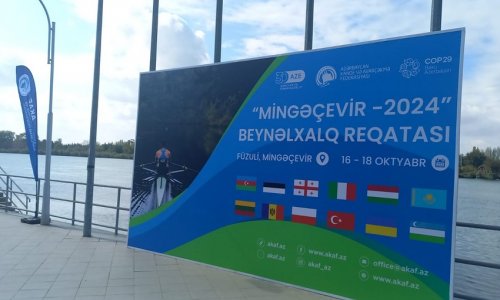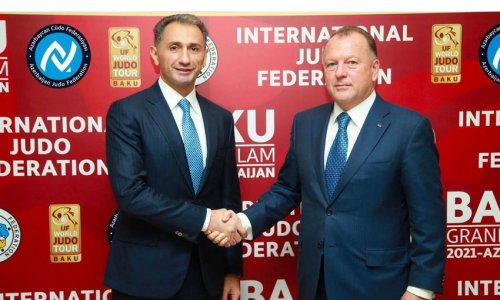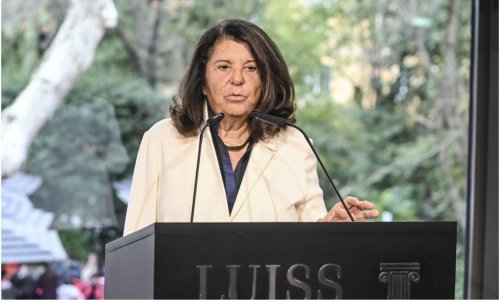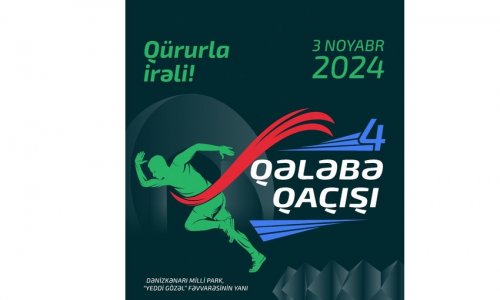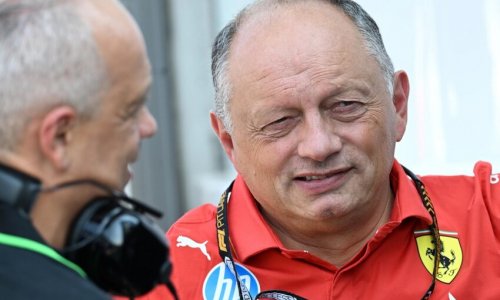Workers in Sao Paulo voted to remain on strike for an indefinite period despite the fact that a court has ruled the strike illegal.It comes as the country's former president advised football fans to get to World Cup matches 'on foot, barefoot, by bike, by donkey'.Metro stations in Sao Paulo have been closed since Thursday, causing huge traffic jams in the city.The city's Regional Labor Court yesterday said that unions had broken strike rules by not providing a minimum level of service; at least 70 per cent of trains during the day and 100 per cent during the morning and evening rush hours.The court met over the weekend because of concerns about the strike's effect on the World Cup, which Brazil's leaders had hoped would be a chance for Latin America's biggest and richest country to shine on the international stage.It ordered the unions to pay fines of 100,000 reais per day (£25,000) for the first four days of strike and 500,000 reais (£130,000) per day from today.Union leaders angered by the decision refused to pay the fines and warned that the strikers would try to shut down the subway line serving the stadium hosting the tournament's first game on Thursday.'The government is declaring a war against its workers,' said Alex Fernandes, the union's general secretary. 'They sit down to talk to us or there won't be subway service during the World Cup.'Meanwhile, in a recent interview, the country's former president advised fans to get to World Cup games ‘on foot, barefoot, by bike, by donkey’.Luiz Inácio Lula da Silva, who helped Brazil get awarded the tournament, dismissed questions about the lack of metro service to stadiums and problems with other infrastructure that has fallen far short of early promises.‘We never had problems walking,' Lula said, suggesting spectators go to games "on foot, barefoot, by bike, by donkey.’Authorities in Sao Paulo have been able to provide limited subway service, but the strike has resulted in traffic chaos clogging key streets and has closed the main subway stations in the city. If the walkout continued until Thursday, it would be difficult, if not impossible, for many fans to get to Itaquerao stadium for the opening match featuring Brazil and Croatia. Brazil will play Croatia in the newly-built stadium, also known as Arena Corinthians, which is about 12 miles (20 kilometres) east of the city centre.Sunday was the fourth day of the strike, and it closed more than 30 subway stops. World Cup visitors arriving in the city have run into more traffic jams than usual in a city already used to heavy congestion.'There was no minimum care for the population, causing great disturbance, even in terms of public safety," said judge Rafael Pugliese, who was on the panel that imposed the fine.The strikers are demanding an increase of more than 12 per cent, but the Sao Paulo state-owned company that runs the system says that isn't possible because fares haven't gone up the past two years.The workers have so far been offered 8.7 per cent and the court in Sao Paulo agreed with this offer.Sao Paulo’s governor Geraldo Alckmin said he would dismiss employees who did not come to work today.The president of the metro workers’ union, Altino Prazeres, told O Globo newspaper: ‘It is not our intention to continue the strike into the World Cup. Our intention is to solve the problem. But that should be the government's aim too.’Police officers, teachers and public transportation workers have staged strikes in the weeks leading up to soccer's premier event. The strikes have overshadowed protests over the cost of putting on the World Cup, which had been feared for possible disruptions following last year's huge anti-government demonstrations during the Confederations Cup soccer tournament.(dailymail.co.uk)Bakudaily.az
'Travel by donkey!'
Sport
15:10 | 10.06.2014
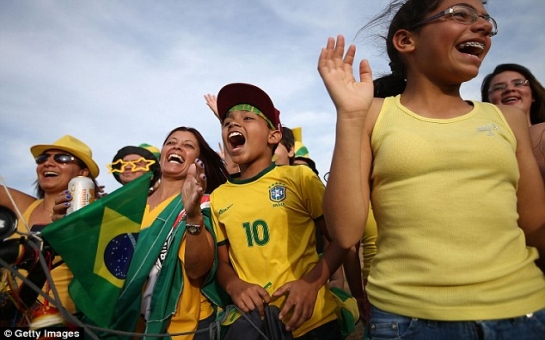
'Travel by donkey!'
A metro strike in Brazil's biggest city has entered its fifth day with union leaders threatening to shut down the subway line serving the stadium hosting the tournament's first World Cup game on Thursday.
Follow us !

